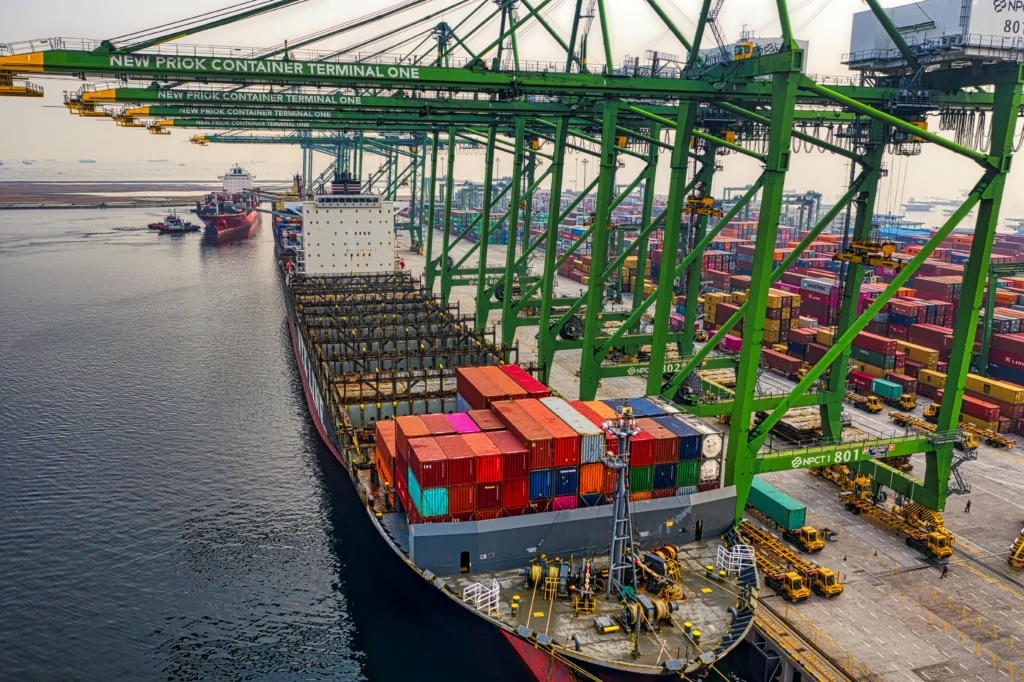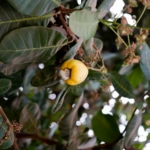
In today’s global agriculture market, simply growing high-quality crops is not enough. For farmers aiming to sell their produce internationally, meeting strict safety, sustainability, and quality guidelines is critical. This is where Export Certifications come into play. These certifications serve as proof that agricultural products meet the safety, quality, and environmental standards required by different importing countries.
For smallholder farmers and large producers alike, securing Export Certifications is no longer a luxury—it’s a necessity. From traceability to hygiene, and environmental practices to social responsibility, these certifications touch every aspect of the agricultural process. But how do farmers actually obtain these certifications? And what impact do they have on the export journey?
Let’s break it down.
Why Export Certifications Matter in Global Agriculture
Global food markets are becoming increasingly strict about what they allow across their borders. Countries have their own rules and requirements when it comes to imported goods, especially food. Export Certifications provide assurance to importers that the products they’re buying have been produced, handled, and stored in a way that meets their standards.
Without these certifications, shipments can be delayed, rejected, or destroyed. Worse, exporters can lose credibility and long-term contracts. For developing regions—especially in Africa and parts of Asia—obtaining Export Certifications opens up opportunities for better pricing, larger markets, and long-term business growth.
Key Export Certifications in Agriculture
Different markets demand different certifications depending on the type of product and the country of import. Here are some of the most widely recognized Export Certifications:
1. GlobalG.A.P. (Good Agricultural Practices)
This is one of the most popular certifications for fresh fruits and vegetables. It ensures that food is produced safely, sustainably, and with minimal environmental impact. Farmers must show proper use of pesticides, clean water sources, responsible waste management, and worker welfare practices.
2. Organic Certification
For products marketed as organic, a formal organic certification (such as USDA Organic or EU Organic) is essential. This confirms that the crop was grown without synthetic fertilizers, GMOs, or harmful pesticides.
3. Fairtrade Certification
Fairtrade certification ensures that farmers are paid fair wages and operate under safe, ethical conditions. It also encourages community development and environmental sustainability.
4. HACCP (Hazard Analysis and Critical Control Points)
HACCP is more common for processed agricultural goods. It’s a system used to identify and manage food safety risks at every stage of the production process.
5. ISO 22000
This international standard deals with food safety management systems. It’s usually required for facilities that handle, process, or store food products before export.
Each of these Export Certifications comes with its own set of requirements, documentation, audits, and renewal conditions. Farmers and exporters must choose which ones apply to their products and target markets.
How Farmers Obtain Export Certifications
While the certification process may sound intimidating, it is increasingly accessible with support from governments, NGOs, and private-sector partners. Here’s a general outline of how farmers can earn Export Certifications:
Step 1: Gap Assessment
Farmers usually begin with a gap assessment—a review of current practices versus certification requirements. This helps identify what needs improvement. For example, they might need to install proper irrigation, keep pesticide logs, or implement waste disposal systems.
Step 2: Training and Documentation
Most certifications require documented proof of practices. Farmers are trained on record-keeping, traceability systems, and food safety protocols. This is where cooperatives, extension officers, and consultants play a vital role.
Step 3: Implementation
Changes are then put into action. Farmers may upgrade infrastructure (like storage facilities), change crop inputs, or adopt new farming techniques. Some certifications also require third-party lab testing for soil, water, and crop samples.
Step 4: Audit and Certification
A licensed certification body visits the farm or facility for a physical audit. If all requirements are met, the certification is granted—usually for one to three years, with regular re-inspections.
Step 5: Maintenance and Renewal
Exporters and farmers must maintain standards year-round and prepare for renewal audits. Lapses can lead to suspended or revoked certification, which can disrupt export agreements.
Challenges Farmers Face in Getting Certified
Securing Export Certifications is not without its hurdles. The most common challenges include:
- High Costs: Certification fees, infrastructure upgrades, and training can be expensive—especially for smallholders.
- Lack of Awareness: Many farmers are unaware of which certifications are required or how to get them.
- Complex Documentation: Record-keeping can be overwhelming for farmers who have never had to document their processes.
- Limited Local Access: Not all regions have easy access to auditors or certification bodies.
However, the rise of cooperatives, farmer support programs, and public-private partnerships is helping bridge these gaps.
The Role of Exporters and Buyers
Exporters, aggregators, and buyers also play a critical role in helping farmers achieve Export Certifications. Many large exporters invest in farmer training, shared infrastructure, and compliance monitoring. Some even cover part of the certification costs as part of long-term supply chain agreements.
This collaborative approach creates a win-win situation: Farmers gain access to better markets, and buyers receive products that meet global quality and safety standards.
Why It’s Worth the Effort
Despite the effort and investment required, Export Certifications bring long-term benefits:
- Market Access: Certified products are accepted in more countries and by more buyers.
- Higher Prices: Certified products often fetch better prices due to their quality and traceability.
- Risk Reduction: Adhering to certification standards reduces food safety risks and potential losses from rejected shipments.
- Sustainability: Certifications encourage environmentally friendly and socially responsible farming practices.
Conclusion
Export Certifications are more than just labels—they are gateways to global trade. For farmers or exporters, especially in emerging markets, certifications open up opportunities to scale their operations, increase their earnings, and build stronger relationships with international buyers.
As the demand for safe, sustainable, and ethically sourced food grows, the importance of Export Certifications will only increase. With the right support, training, and commitment, farmers can turn these certifications from a challenge into a powerful tool for success in the global agricultural economy.











Add comment